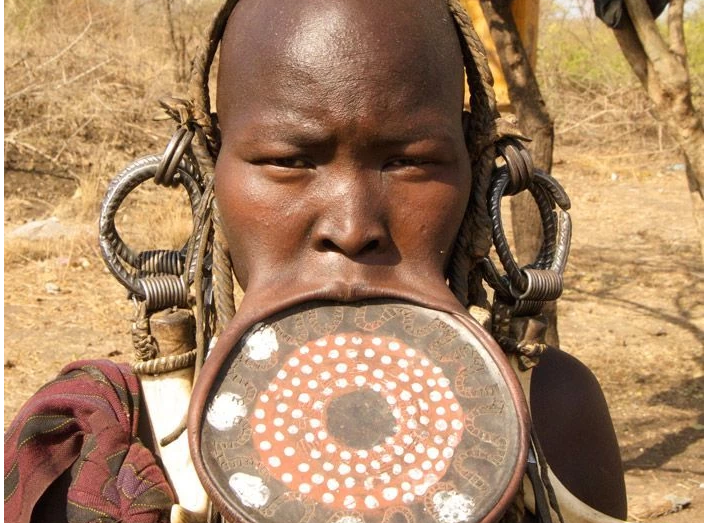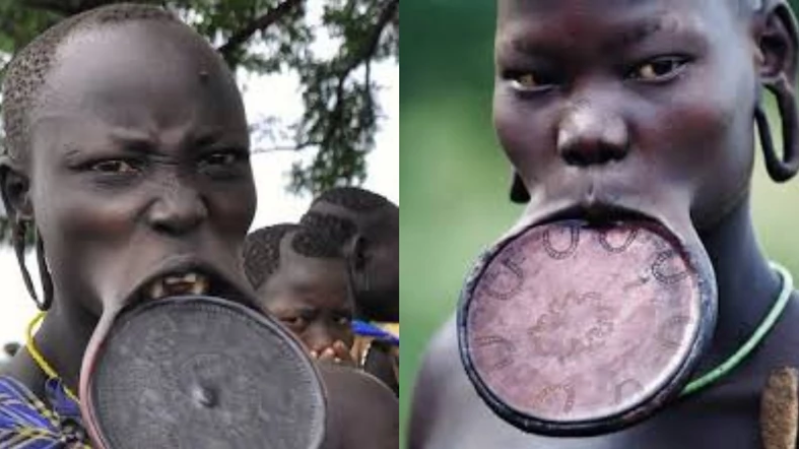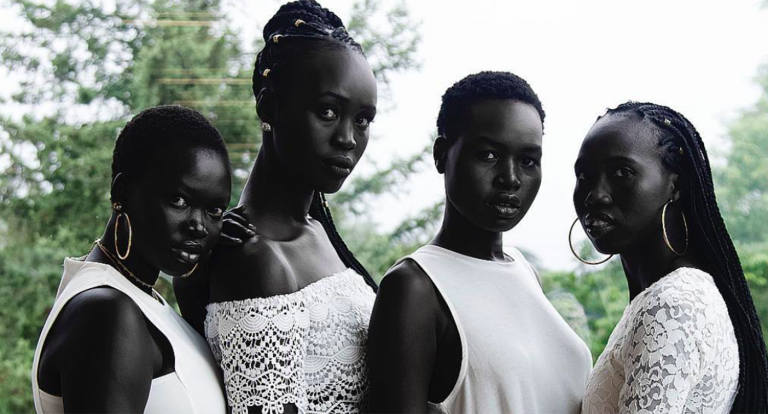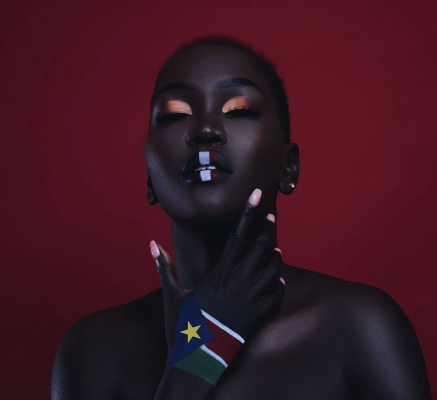Veronica has been speaking out since she was a child. As a secondary student, she noticed a gap between what women were doing in their communities and what was reported in the media. To address this, she did research in her community, wrote up her findings in a school newspaper—and pinned her work to the walls for the other students to read.
Veronica went on to become a pioneering journalist, radio broadcaster and producer.
As a producer, Veronica created educational programs on family planning, reproductive health, childcare and other topics of importance to women. More recently, she founded theAssociation of Media Women in South Sudan and established her own radio station.
Her work is critically important in this newly independent country. South Sudan sank into civil war last December, less than three years after gaining independence.
In South Sudan, men own most private media companies and the majority of reporters are men. Most female journalists work for state-owned media companies where men also have more decision-making power, and where political bodies censor the content. As a result, there is very little space for women’s voices in South Sudanese media.
Veronica’s organization aims to add more balance to the news by increasing the visibility of women’s issues and offering support and training to female journalists. Veronica’s radio station also gives women in rural areas the opportunity to learn about government policies and services, and to express their views on local and national issues.
“It is very important to have women in media and women as civil society,” says Veronica. “I had to take the initiative of establishing an association for media women in South Sudan so that we fill the gap of having balanced information and to advocate for the rights of women through and in media.”
WATCH Veronica Lucy Gordon speak about the importance of women in media
Credit: Noble Women’s Initiative









